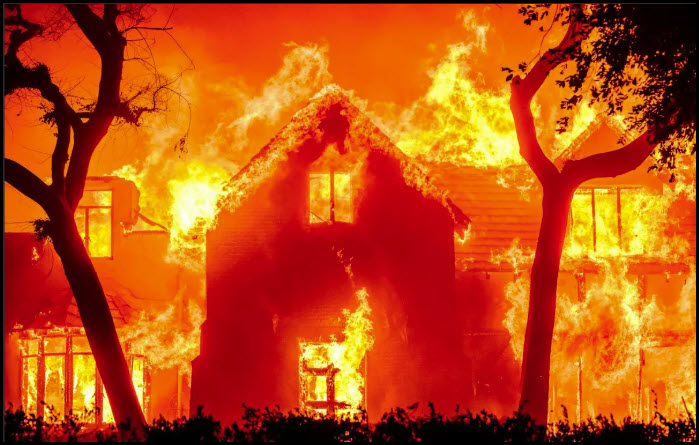Although the major indices were down just 1.6% on Friday, it felt like a big day. Everything that matters to the U.S. economy was moving the wrong way: stocks were falling across the board; interest rates and energy prices were climbing; dollars were growing dearer, especially for debtors; and gold, perhaps imagining a bevy of black swans, was stressed with fear, up as much as $60 intraday. Cumulative losses for the week totaled nearly 3%, adding to the feeling that the granddaddy of all bull markets is over.
I am taking this possibility seriously, in part because the S&Ps topped a month ago a hair above a 6136.25 Hidden Pivot target of mine that had been nearly five years in coming. Similarly, Bitcoin, the hophead that has been inspiring speculative excesses in all markets, apexed in mid-December within 0.1% of a $107,343 Hidden Pivot target first identified here when the price was $15,000 lower. If any chart provides a reason for hope, it would be Microsoft’s. Shares of the recession-proof software giant ended the week on a thin ledge, $3 above a key Hidden Pivot support at 415.57. A closing bar decisively beneath it would announce the almost certain start of a bear market. MSFT would be on its way down to at least 374.18 at that point, presumably the first wrenching drop into an unimaginable abyss.
Why This Time?
Why would this market top differ from the mostly minor ones that have occurred routinely over the last 16 years? Mainly because it is happening with Southern California in flames. Ordinarily, we might expect investors to buy stocks aggressively, as they always do in the wake of natural disasters, since it will require enormous sums of capital investment to rebuild. This time, however, there is a palpable feeling that the money just isn’t there, especially for FETA handouts to tony precincts like Malibu and Pacific Palisades. And even if “we” could afford to restore what has been lost, insurers are not going to stick around for the next fire. Thus would California homeowners become self-insured against fire damage in the same way Florida homeowners already have against hurricane damage.
Premiums are already crushing homeowners in both places, so what will happen when Motherf**ker Nature strikes again? If the U.S. steps in to cushion losses, Americans will finally understand that, where money is concerned, the Government is actually just…taxpayers. This epiphany will eventually overwhelm us when it extends to attempted bailouts of public pension funds. Illinois, where “politics” and “corruption” are time-honored synonyms, is all but certain to be the first state to go belly-up. When it happens and Gov. Pritzker turns up on Trump’s doorstep hat-in-hand, we will at last realize the limitations of the nanny state. The silver lining is that a radical political transformation is coming that will emphasize a candidate’s qualifications rather than his or her party affiliation. Considering what is coming when the bull market ends, we will need not mere competence to get us through extraordinarily hard times, but deep wisdom. Let’s hope we are able to recognize it if and when it is proffered.
*****
More Answers
To answer the question of who will insure us next time, here’s a link to a detailed commentary, “Is the World Becoming Uninsurable?” published moments ago by my friend Charles Hugh-Smith. And here’s another link to my recent interview with Howe Street‘s Jim Goddard. It is titled Have Stock Markets and Bitcoin Topped Out?


Why This Time?
Why would this market top differ from the mostly minor ones that have occurred routinely over the last 16 years? Mainly because it is happening with a total imbecile as a President who doesn’t comprehend that to prosper, you need to have friends, not make enemies. In terms of the global economy, the LA fires are a mere pinprick on a football field.
It’s finally coming, and it’s going to be ugly. We can’t blame Trump, as the conditions were laid down a long time ago. But, he’s most likely going to be the spark that finally lights the blue touch paper.